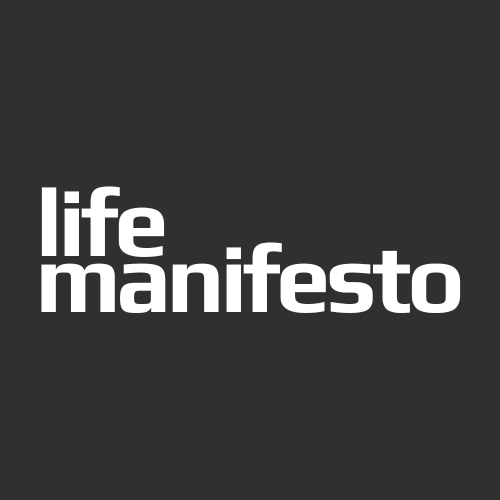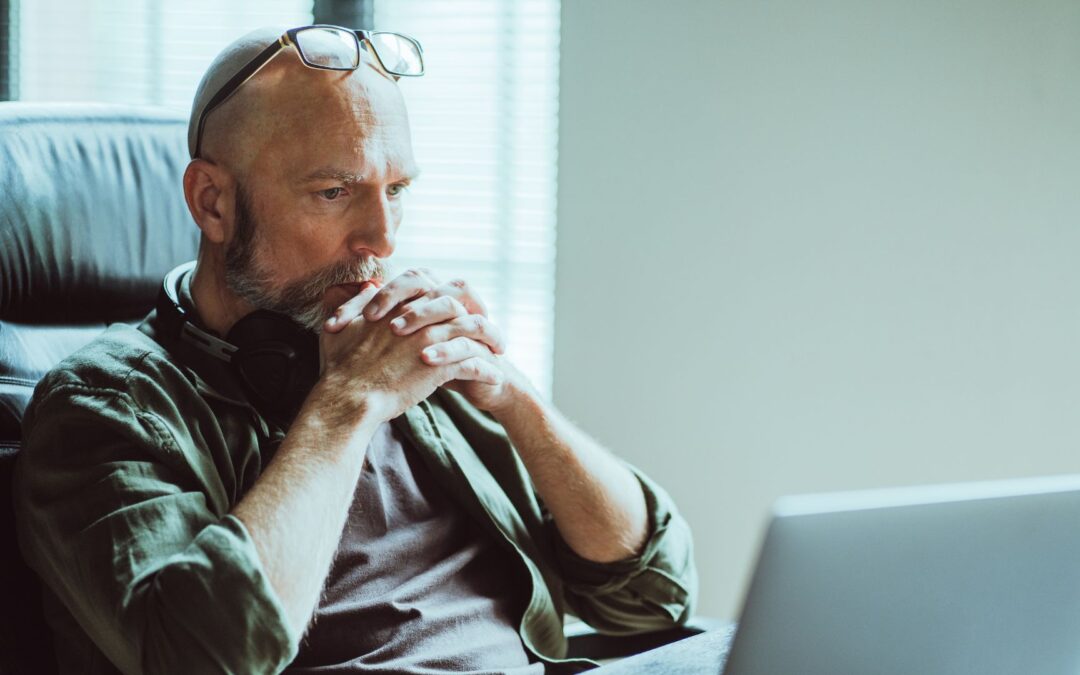We live in a culture that idolizes hard work. Hustle. Grind. Rise and grind. Team no sleep. Somewhere along the way, overworking became a badge of honor. But here’s the brutal truth: working more doesn’t mean working better. In fact, after a certain point, it’s not just unhelpful—it’s harmful.
Let’s talk about why working harder or putting in longer hours can be the enemy of true productivity, creativity, and well-being—and what we should be doing instead.
The Productivity Paradox
The hustle culture teaches us that if you just push harder, put in more hours, you’ll get ahead. But science says otherwise.
According to a study from Stanford University, productivity per hour drops drastically when a person works more than 50 hours per week. And at 55 hours? Productivity essentially falls off a cliff. People putting in 70+ hours per week are getting the same amount of work done as those who stop at 55.
Why? Because we’re not machines. Fatigue sets in. Decision fatigue. Mental fog. Poorer judgment. Slower problem-solving. You might still be sitting at your desk, but your brain clocked out hours ago.
You’re Not “Grinding”—You’re Burning Out
There’s a romanticism around burning the midnight oil, but chronic overwork isn’t just inefficient—it’s damaging. The World Health Organization has even recognized long working hours as a major occupational health risk, linking it to heart disease and stroke.
And it’s not just physical. Emotional exhaustion and burnout are running rampant. You become less creative. Less motivated. Less capable of strategic thinking. You might be working hard, but you’re not working smart. You’re surviving, not thriving.
The Cost of Creativity
One of the most overlooked casualties of overwork is creativity. Creativity doesn’t live in spreadsheets and 14-hour days. It breathes in space. In quiet. In rest. In doing nothing. Overwork suffocates your ability to think laterally, come up with bold ideas, or see the big picture.
If you’re running from task to task without pause, there’s no room for your brain to connect dots in unexpected ways. You become a machine—efficient at output, but incapable of innovation.
Working Less Is a Power Move
Here’s the plot twist: some of the most successful people in the world don’t work insane hours. They’ve mastered the art of deep work, focus, and recovery. They know that working less, with more intention, is a competitive advantage.
The key is energy management—not time management.
It’s about aligning your most important work with your peak energy hours. It’s about building in real breaks. It’s about having the courage to stop when your body and mind tell you it’s time.
Rest Is Not Laziness—It’s Strategy
Rest is part of the work. Let that sink in.
Sleep. Daydreaming. Walks. Play. These are not luxuries; they are prerequisites for sustainable, meaningful work. Downtime restores the brain, resets your focus, and fosters insight. Want to do your best work? Build more space into your life.
The most high-performing individuals aren’t just working less—they’re living more. They honor their boundaries. They protect their time. They know that their value isn’t measured in hours, but in impact.
A Better System for Life and Work
So what’s the alternative to hustle?
• Focus on outcomes, not hours. Define success by what gets done, not how long it takes.
• Design your day around your energy. Tackle your hardest tasks when your brain is freshest.
• Take breaks—real ones. Step away from the screen. Move. Meditate. Disconnect.
• Set boundaries. Learn to say no. Protect your evenings, weekends, and mornings.
• Celebrate rest. Treat recovery like you treat goals—it’s non-negotiable.
Think again: What Are You Really Chasing?
Ask yourself: what are you really after? Is it more money, more recognition, more progress? Or is it freedom, fulfillment, and flow?
Working harder often becomes a distraction from the real work—figuring out what truly matters, and designing your life around that. The irony is, when you slow down, you start to see clearly. You realize that doing less, with more clarity and intention, is the ultimate productivity hack.
Let’s stop worshipping busyness and start building systems that support depth, creativity, and well-being. Because the point isn’t to work yourself into the ground—the point is to build a life worth living.




